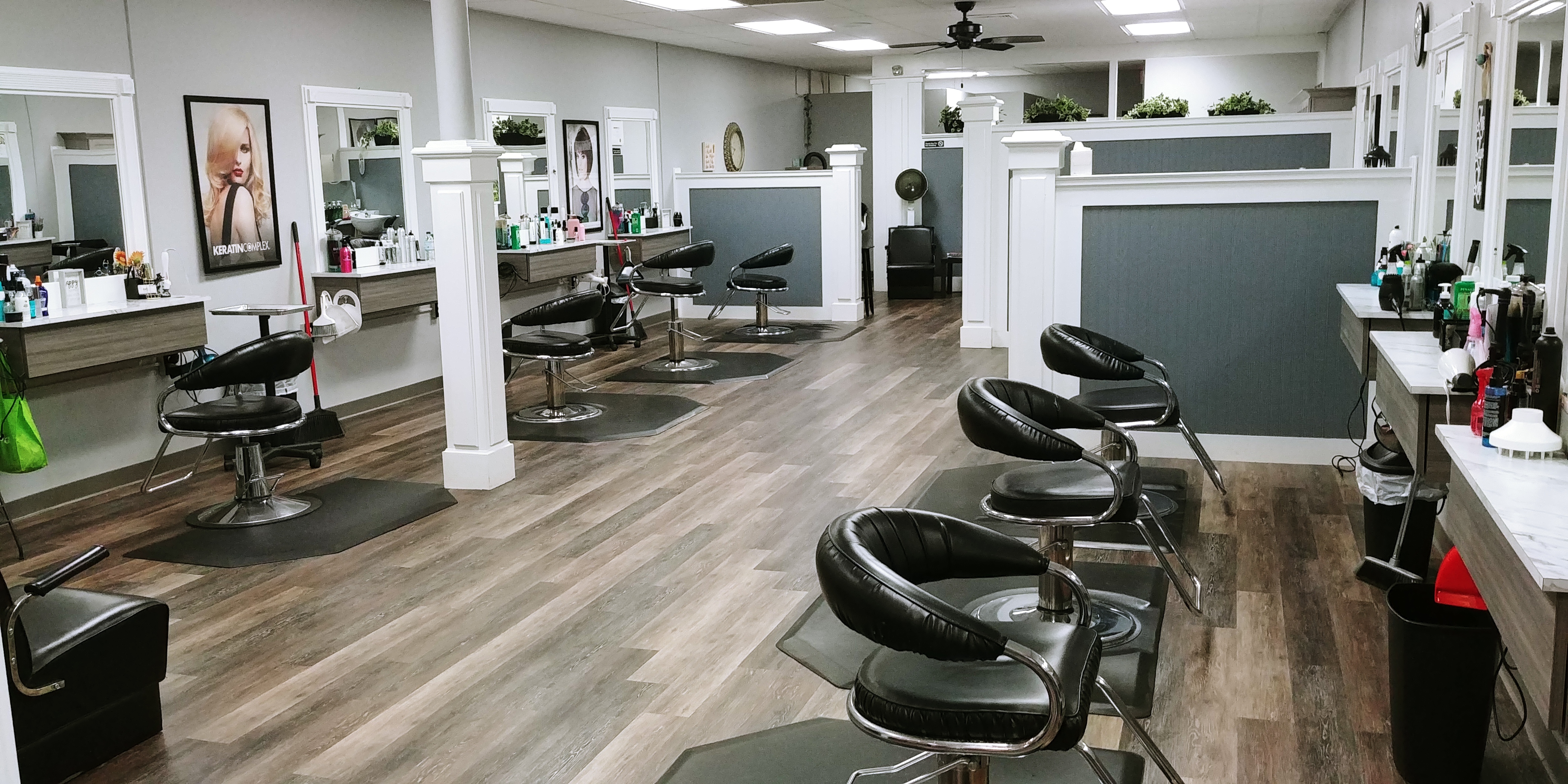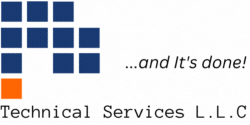Salons are more than just places to get a haircut or a manicure. They are sanctuaries of self-care, where individuals go to rejuvenate and transform themselves. However, amidst the hustle and bustle of everyday life, salon maintenance often takes a backseat. Yet, neglecting maintenance can lead to a myriad of issues, jeopardizing both the client experience and the salon’s reputation. In this article, we delve into the significance of regular salon maintenance, exploring seven compelling reasons why it should be a top priority for every salon owner.
1. Upholding Hygiene Standards
Maintaining impeccable hygiene standards is paramount in any salon. Failure to do so can result in the spread of infections and diseases, endangering both clients and staff. Regular cleaning, sanitization, and sterilization of tools, surfaces, and equipment are essential to create a safe and hygienic environment. By prioritizing salon maintenance, owners demonstrate their commitment to safeguarding the health and well-being of everyone who steps through their doors.
1.1 Sterilization Protocols
Implementing stringent sterilization protocols is non-negotiable in the salon industry. From combs and scissors to spa chairs and countertops, every surface and tool must undergo thorough sterilization between each client to prevent cross-contamination.
1.2 Disinfection Practices
In addition to sterilization, routine disinfection of high-touch surfaces such as doorknobs, reception counters, and restroom facilities is imperative. Utilizing EPA-approved disinfectants helps eliminate germs and viruses, creating a clean and safe environment for all.
2. Extending Equipment Lifespan

Salon equipment represents a significant investment for business owners. Regular maintenance not only ensures optimal performance but also prolongs the lifespan of expensive equipment. From hairdryers and styling chairs to spa beds and UV lamps, servicing equipment at regular intervals prevents breakdowns and costly repairs, thus maximizing ROI.
2.1 Routine Inspections
Conducting routine inspections allows salon owners to identify potential issues before they escalate. From frayed cords to malfunctioning switches, addressing minor issues promptly can prevent them from snowballing into major problems.
2.2 Professional Servicing
While daily cleaning and upkeep are essential, certain tasks require the expertise of professionals. Engaging certified technicians for periodic servicing and repairs ensures that equipment operates efficiently and safely, minimizing downtime and disruptions to business operations.
3. Enhancing Client Experience
A positive client experience is the cornerstone of a successful salon. A well-maintained salon not only attracts new clients but also fosters loyalty among existing ones. From clean and organized facilities to fully functional amenities, every aspect of the salon contributes to the overall experience.
3.1 Comfortable Environment
Clients visit salons to relax and unwind. A clean and well-maintained environment enhances comfort and promotes a sense of well-being, allowing clients to enjoy their treatments without distractions or discomfort.
3.2 Professional Appearance
The appearance of the salon reflects its professionalism and commitment to excellence. A well-groomed salon space, free from clutter and disrepair, instills confidence in clients and reinforces the salon’s reputation as a reputable establishment.
4. Compliance with Regulations
The salon industry is subject to various regulations and standards to ensure the safety and well-being of clients and staff. Compliance with these regulations is not only a legal requirement but also a moral obligation.
4.1 Health and Safety Standards
Adhering to health and safety standards prescribed by regulatory bodies is essential for salon owners. From proper ventilation and lighting to emergency preparedness and first aid training, maintaining compliance safeguards against fines, penalties, and reputational damage.
4.2 Licensing and Certification
Ensuring that all staff members are properly licensed and certified in their respective fields is crucial. Regular training and continuing education programs help keep staff updated on industry best practices and regulatory changes.
5. Minimizing Downtime
Downtime can be detrimental to salon operations, resulting in lost revenue and dissatisfied clients. Regular maintenance helps minimize downtime by preemptively addressing issues and keeping equipment in optimal condition.
5.1 Preventive Maintenance
Implementing a preventive maintenance schedule helps identify and address potential issues before they disrupt business operations. From HVAC systems and plumbing to electrical fixtures, proactive maintenance minimizes the risk of unexpected breakdowns.
5.2 Emergency Preparedness
Despite meticulous maintenance, emergencies can still arise. Having contingency plans in place, such as backup power sources and emergency repair services, ensures that disruptions are minimized, and operations can resume swiftly.
6. Safeguarding Reputation

A salon’s reputation is its most valuable asset. Negative experiences stemming from poor maintenance can tarnish reputation and deter potential clients. Conversely, a well-maintained salon garners positive reviews and word-of-mouth referrals, fostering trust and loyalty.
6.1 Online Reviews and Ratings
In today’s digital age, online reviews and ratings wield significant influence over consumer decisions. A clean and well-maintained salon receives favorable reviews, enhancing its online reputation and attracting new clients.
6.2 Word-of-Mouth Referrals
Satisfied clients are more likely to recommend a salon to their friends and family. By prioritizing maintenance and delivering exceptional service, salon owners can leverage the power of word-of-mouth referrals to expand their client base organically.
7. Future-Proofing Your Business
In an increasingly competitive market, staying ahead of the curve is essential for long-term success. Regular maintenance not only addresses current needs but also prepares the salon for future challenges and opportunities.
7.1 Adaptability and Innovation
Maintaining a flexible and adaptable approach allows salons to embrace innovation and stay relevant in a dynamic industry. From incorporating eco-friendly practices to adopting cutting-edge technologies, staying proactive ensures continued growth and sustainability.
7.2 Investment in Longevity
Investing in maintenance is an investment in the longevity and prosperity of the salon. By allocating resources towards upkeep and improvement, salon owners lay the foundation for sustained success and growth in the years to come.
Conclusion
Regular salon maintenance is not merely a chore; it is a strategic investment in the success and sustainability of the business. From upholding hygiene standards and extending equipment lifespan to enhancing client experience and safeguarding reputation, the benefits of maintenance are manifold. By prioritizing maintenance, salon owners demonstrate their commitment to excellence and ensure that their businesses thrive in an ever-evolving industry.
FAQs (Frequently Asked Questions)
1. Why is salon maintenance important?
- Salon maintenance is crucial for upholding hygiene standards, extending equipment lifespan, enhancing client experience, and safeguarding reputation.
2. How often should salon equipment be serviced?
- Salon equipment should undergo regular servicing as per the manufacturer’s recommendations, typically every 6-12 months.
3. What are some common maintenance tasks in a salon?
- Common maintenance tasks include cleaning, sanitization, sterilization, equipment inspections, and repairs.
4. Can salon maintenance help attract more clients?
- Yes, maintaining a clean and well-groomed salon space enhances its appeal to clients and encourages repeat visits and referrals.
5. What role does salon maintenance play in regulatory compliance?
- Salon maintenance is essential for ensuring compliance with health, safety, and licensing regulations prescribed by regulatory bodies.
6. How can salon owners minimize downtime through maintenance?
- Implementing preventive maintenance schedules and emergency preparedness plans can help minimize downtime and disruptions to salon operations.
7. What are the benefits of online reviews and word-of-mouth referrals for salons?
- Positive online reviews and word-of-mouth referrals serve as powerful marketing tools, helping salons attract new clients and build a loyal customer base.
8. How does salon maintenance contribute to long-term business success?
- By investing in maintenance and continuous improvement, salon owners lay the groundwork for sustained success, growth, and competitiveness in the market.












